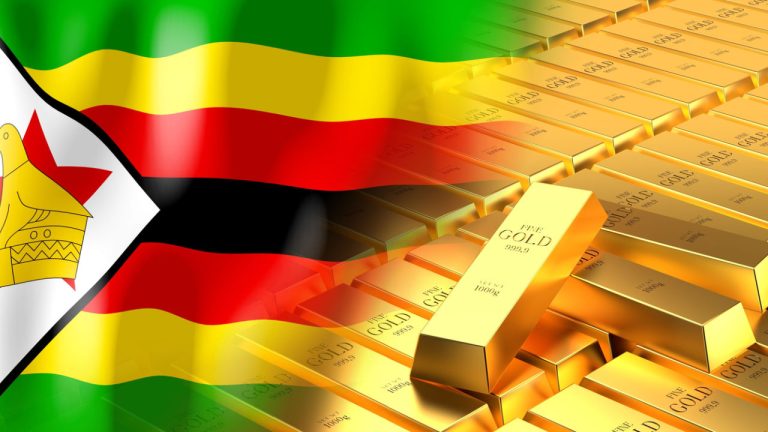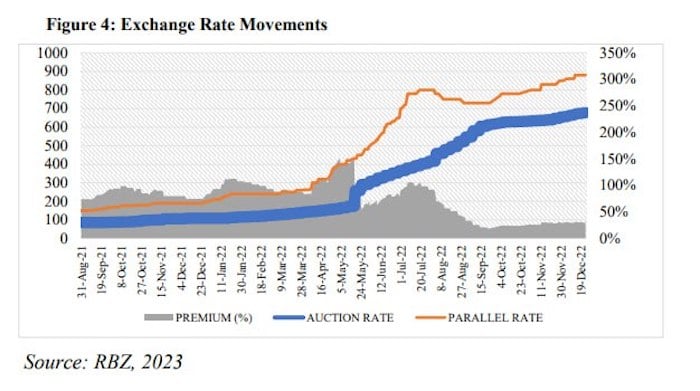
The Reserve Bank of Zimbabwe recently revealed that some 25,188 of its value-preserving gold coins were sold between July 2022 and Jan. 13. According to the central bank governor, John Mangudya, the gold coins “have proved to be an effective open market instrument for mopping up excess liquidity in the economy.”
Gold Coins as Alternative Value Preservation Tool
According to the Zimbabwean central bank, about 25,188 “Mosi-oa-Tunya” gold coins valued at over $28 million (ZWD$20 billion) were sold between July 2022 — when the coins were initially introduced — and Jan. 13. From this total, acquisitions by the so-called corporates accounted for 84% “while purchases by individuals accounted for 16%.”
Initially launched to act as “an alternative retail investment product for value preservation,” for the wealthy, the bank said lower denomination gold coins introduced in Nov. 2022 “accounted for 38% of all sales.”
Commenting on the gold coins’ impact since their introduction, Reserve Bank of Zimbabwe (RBZ) governor John Mangudya said:
The coins have proved to be an effective open market instrument for mopping up excess liquidity in the economy and a retail investment product for preserving value for investable funds.
The RBZ governor added that the coins, which have a 180-day vesting period, along with the bank’s high-interest rate policy, played a part in stabilizing inflation and the local currency’s exchange rate versus the greenback.
Zimbabwe’s Receding Inflation
According to the local statistical office, Zimstats, the southern African country’s month-on-month inflation fell from a high of 30.74% in June 2022 to 1.1% in Jan. 2023. Despite this slowdown, Zimbabwe’s latest annual inflation rate of 230% remains one of the highest globally.

Concerning the Zimbabwean dollar’s exchange rate versus the U.S. dollar, the latest RBZ data suggests that the parallel market premium dropped from a high of nearly 100% on July 1, 2022, to well under 50% by Dec. 19, 2022. As shown by the data, the local currency’s auction market exchange rate, which stood at just over ZWL100:USD1 on Jan. 11, 2022, closed the year at approximately ZWL700:USD1. According to the RBZ data, the local currency’s parallel market exchange rate on Dec. 19 stood at approximately 900:1.
Meanwhile, in his 2023 monetary policy statement, RBZ governor Mangudya said the bank “will continue to avail gold coins on a demand-driven basis as it seeks to promote a savings culture.”
What are your thoughts on this story? Let us know what you think in the comments section below.
Comments
Post a Comment